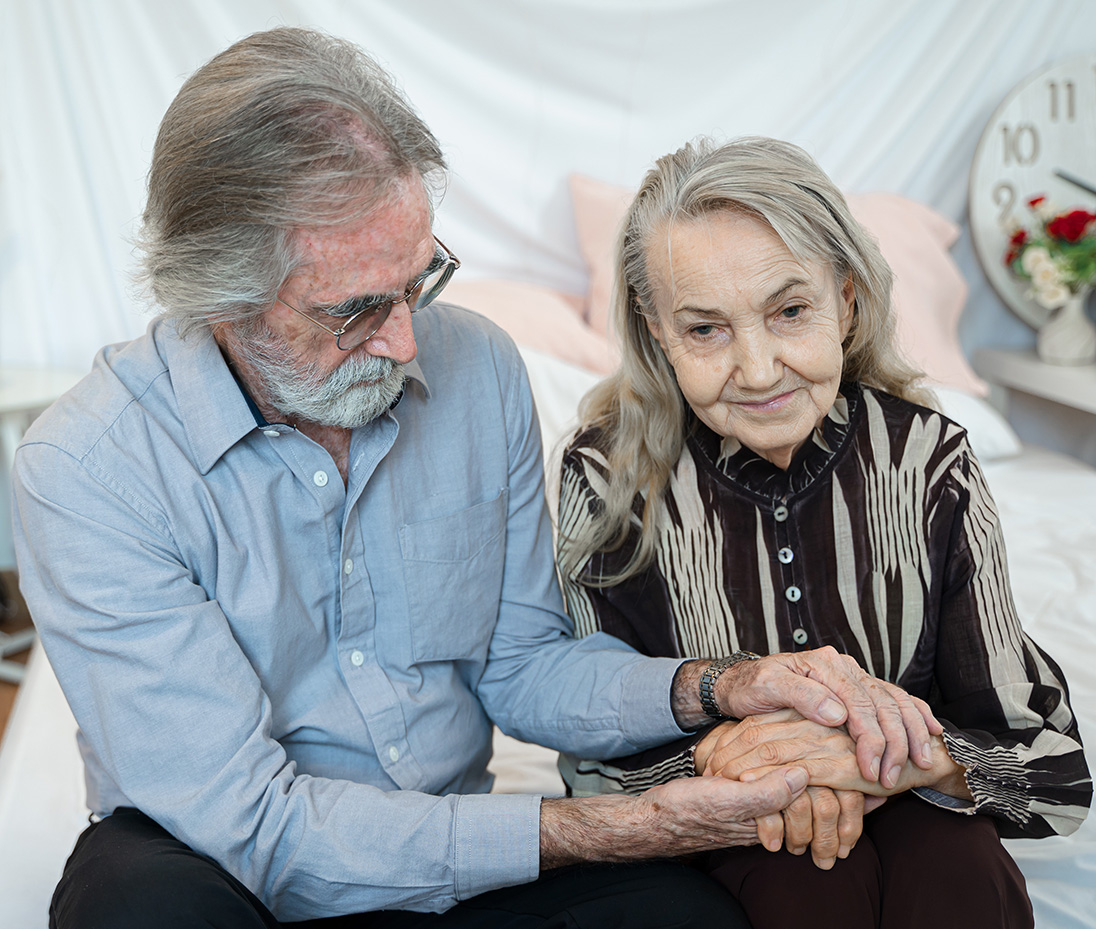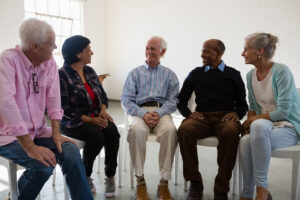The global impact of Alzheimer’s and other forms of dementia is both profound and escalating. Currently, over 55 million people worldwide are living with dementia, a number that is projected to nearly double every 20 years, reaching 78 million by 2030 and 139 million by 2050. This increase is particularly pronounced in low and middle-income countries, which already house over 60% of dementia cases, a figure expected to rise to 71% by 2050.
In the United States alone, more than 6 million individuals are affected by Alzheimer’s, with projections indicating this number could rise to nearly 13 million by 2050. Alzheimer’s and other dementias are not only leading causes of death but also significant contributors to disability and dependency among the elderly globally. Indeed, dementia ranks as the seventh leading cause of death worldwide and incurs substantial economic costs, with global economies spending approximately $1.3 trillion in 2019 on dementia care. This figure is expected to rise dramatically in the coming decades.
The burden on caregivers is immense, with over 11 million Americans providing unpaid care for people with Alzheimer’s or other dementias. The lifetime risk of developing Alzheimer’s at age 45 is significantly higher for women than for men, highlighting a gender disparity in the disease’s impact.
The economic implications are staggering, with dementia care’s global cost already surpassing $1.3 trillion and expected to reach $2.8 trillion by 2030. These costs encompass a broad spectrum of care needs, from informal care provided by family and friends to direct social and medical care expenses. Despite this, there remains a substantial gap in diagnosis, especially in low and middle-income countries, where up to 90% of dementia cases may go unrecognized and untreated.
Experts emphasize the critical need for increased awareness, improved diagnosis, and more effective treatments to manage this growing challenge. Current strategies focus on maintaining quality of life for those affected through physical activity, social engagement, and medications to manage symptoms. There is no cure for dementia, underscoring the urgent need for continued research and development of new therapeutic approaches.
Addressing the Alzheimer’s epidemic requires a multifaceted approach, including bolstering global health systems, enhancing caregiver support, and investing in research to find a cure. As the population ages, the need for comprehensive care and innovative treatment strategies becomes increasingly crucial to mitigate the impact of this debilitating disease on individuals, families, and societies worldwide.











